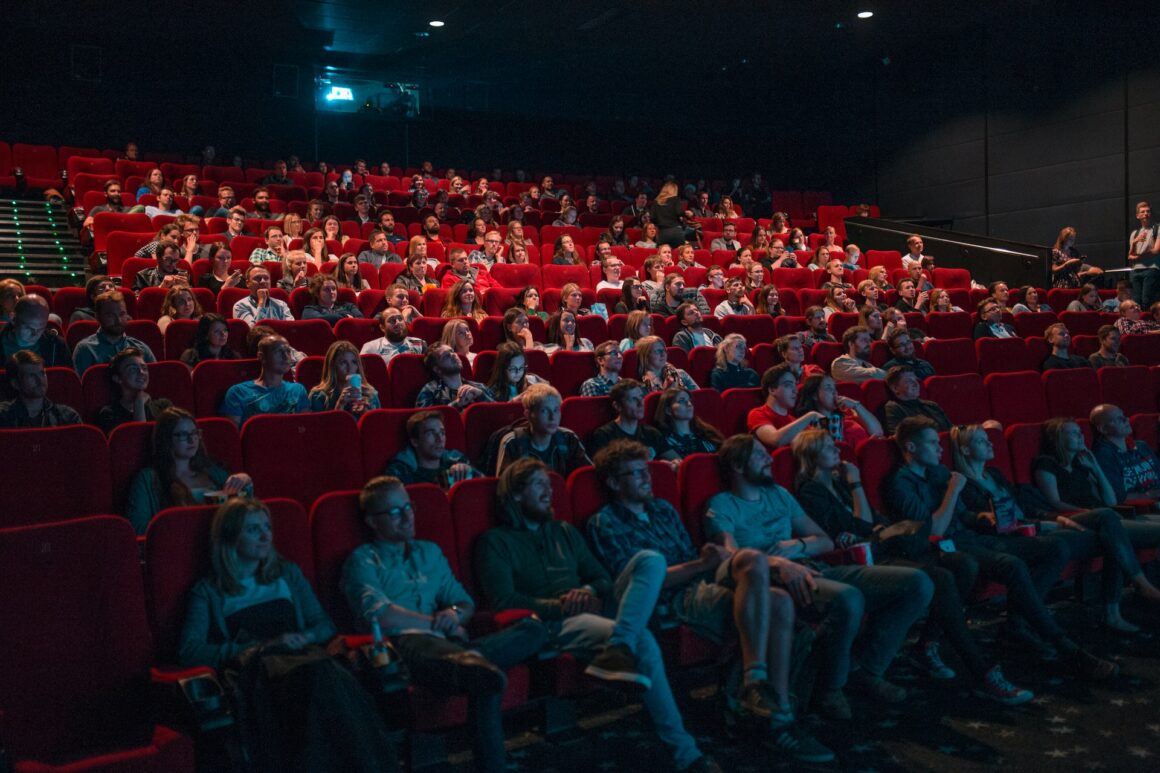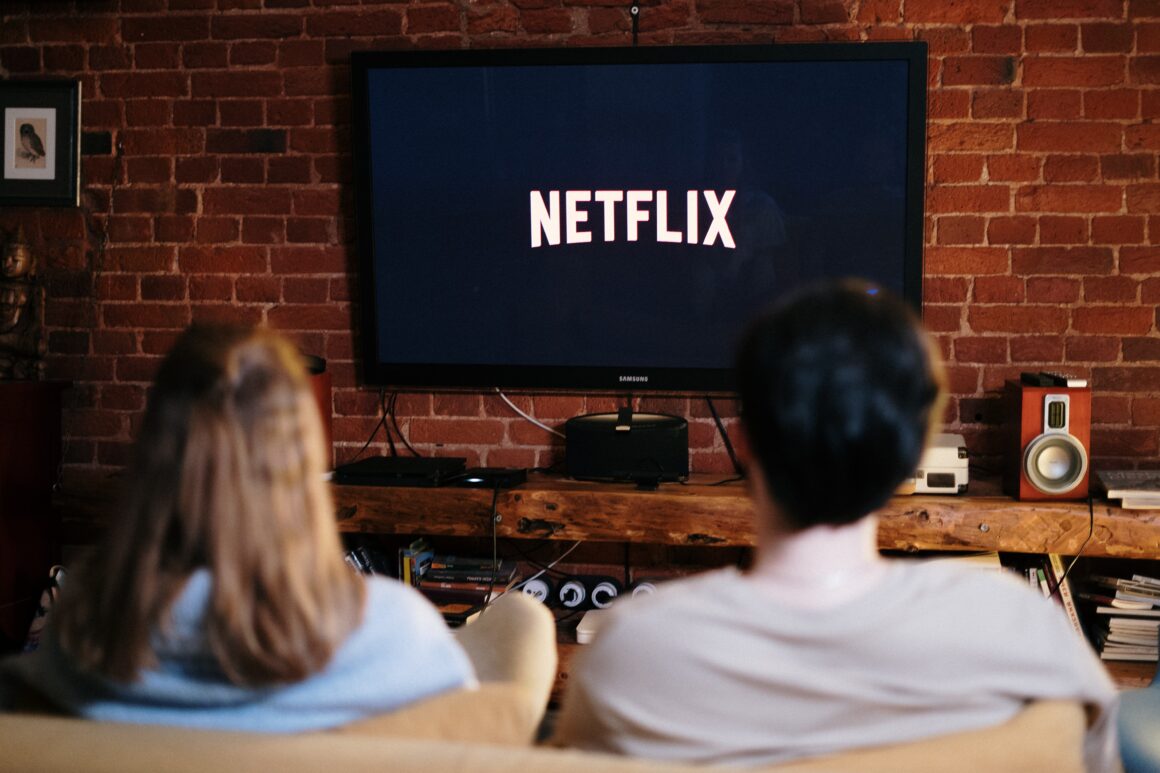Did you know that most of the media you consume is owned by one of six companies?
It’s crazy if you think about it, but most of the media you consume on a daily basis is owned by one of only six companies.
A team at WebpageFX recently created an infographic that outlines the Big 6 media conglomerates, who controls them, and what they own. For those of you who don’t know, WebpageFX is a full-service Internet Marketing agency located in Harrisburg, PA. For more information about their services, check out their website and subscribe to their blog for helpful marketing tips.
I asked Chris Zook, who created the infographic, some questions about these “Big 6” companies, and he was kind enough to answer them in an easier-to-understand way that still fill you in on a lot of what’s going on in the media industries.
Theodora Moldovan: What are the Big 6? Who are these six companies?
Chris Zook: The “Big 6” are six media conglomerates that own most of the major media outlets in the United States. Those media outlets include television channels, film studios, video game developers, and some even venture into the Internet. It’s extremely important to note that the Big 6 do not own all media outlets in the country — small studios and independent contractors are still profitable — but the Big 6 does own a lot of major news outlets, meaning they can decide what news is broadcast and what isn’t. The Big 6 in media are National Amusements, Disney, TimeWarner, Comcast, News Corp, and Sony.
TM: Most people have not heard of National Amusements, what can you tell us about the media conglomerate?
CZ: National Amusements began as a movie theater company founded in Dedham, Massachusetts (current headquarters are in Norwood, Massachusetts) in 1936. The company is privately held, meaning it doesn’t legally have to publish earnings or executive-level salaries. But NA has a financial interest (1%-50% of public company stock) in several entertainment companies, a controlling financial interest (51%+ of public company stock) in several other companies, and complete ownership of several key media companies. The most well-known subsidiaries of NA are Viacom (MTV, Nickelodeon) and CBS. NA is also a great example of a family dynasty business. It was founded by Michael Redstone and passed to his son Sumner Redstone, and it’s expected to pass again to Shari Redstone, Sumner’s daughter, when Sumner passes away.
TM: Disney, on the other hand, we all know is huge. What are some of the assets that belong to Disney that people don’t know about?
CZ: Disney is a huge media empire. Most people know them for their original films and, more recently, Star Wars and Marvel acquisitions. But Disney also owns ABC, ESPN, Vice, History, Lifetime, and the SEC Network (college sports). This is all separate from Disney’s worldwide theme parks and merchandising, which are also worth billions.
TM: The third conglomerate on your list is Time Warner. Currently, AT&T and Time Warner are merging, which means that AT&T will acquire all of Time Warner’s assets, and possibly more. Of these, what are the most important properties?
CZ: The TimeWarner and AT&T merger has a lot of implications for the American economy, including the further consolidation of Internet service providers (ISPs) and television providers since AT&T owns DirectTV. This would give TimeWarner-AT&T a colossal market share of American tech utilities that would approach monopoly levels. Those utilities would be the most valuable to AT&T since AT&T would remove a major competitor from the ISP market. In terms of media, AT&T would also get a partial share in the CW and Hulu, not to mention complete ownership of CNN, HBO, Turner companies, DC Comics, TimeLife, WaterTower Music, and investment interests in many smaller companies.
TM: Comcast is also enormous, especially since purchasing NBC and the majority of its properties. Besides those, what makes Comcast as big of a contender as it is?
CZ: Comcast is a major media contender because of its horizontal and vertical integration. It provides cable television and Internet access, but it also owns major television stations (NBC) that would broadcast through those utilities. Plus, Comcast has a financial interest in Hulu, and it owns the entire Universal suite of studios and television stations. Sports fans will also recognize the MLB Network and ComcastSports, the cornerstones of Comcast’s athletics empire. Essentially, Comcast is such a major contender because it owns almost every step of the media process from creation to broadcast, making it a formidable player in the Big 6.
TM: NewsCorp owns all the Fox companies, which makes it a big contender in the Film and TV industries, but their foundational asset is print. What are some of newspapers and publishing companies they own?
CZ: News Corp’s major print assets start with the Wall Street Journal, one of the most well-known American sources of financial and political news, and the New York Post, one of the most famous tabloids in the world. News Corp also owns several large-scale publishing and financial news. Their large-scale publishers include Harper Collins, one of the biggest publishers in the world, and Zondervan, the largest Christian publisher in the world. Their financial news outlets include Stoxx, Dow Jones, SmartMoney, and more. These print assets segue perfectly with the FOX media empire, which has interests in political, news, religious, athletic, and children’s programming (just to name a few).
TM: The last conglomerate on your list, and also the oldest, is Sony. You mention that they’re not just an electronics company, and that they have interests across almost all media industries. Could you name some of them?
CZ: Perhaps Sony’s biggest contribution to American media is in film. Sony Pictures is one of the most prolific film studios, and Sony owns (or has stakes in) Columbia Pictures, TriStar, Destination, Fable, Triumph, and Screen Gems. Aside from their film properties, Sony has financial interests in television stations around the world. Sony has heavily invested in video game media too — probably more than any other Big 6 company. In general, Sony’s media productions concentrate less on news and more on entertainment, but they’re still a major media player.
Below you can take a look at the infographic Chris created, or you can click here to read about the six media conglomerates in more detail.











Comments are closed.